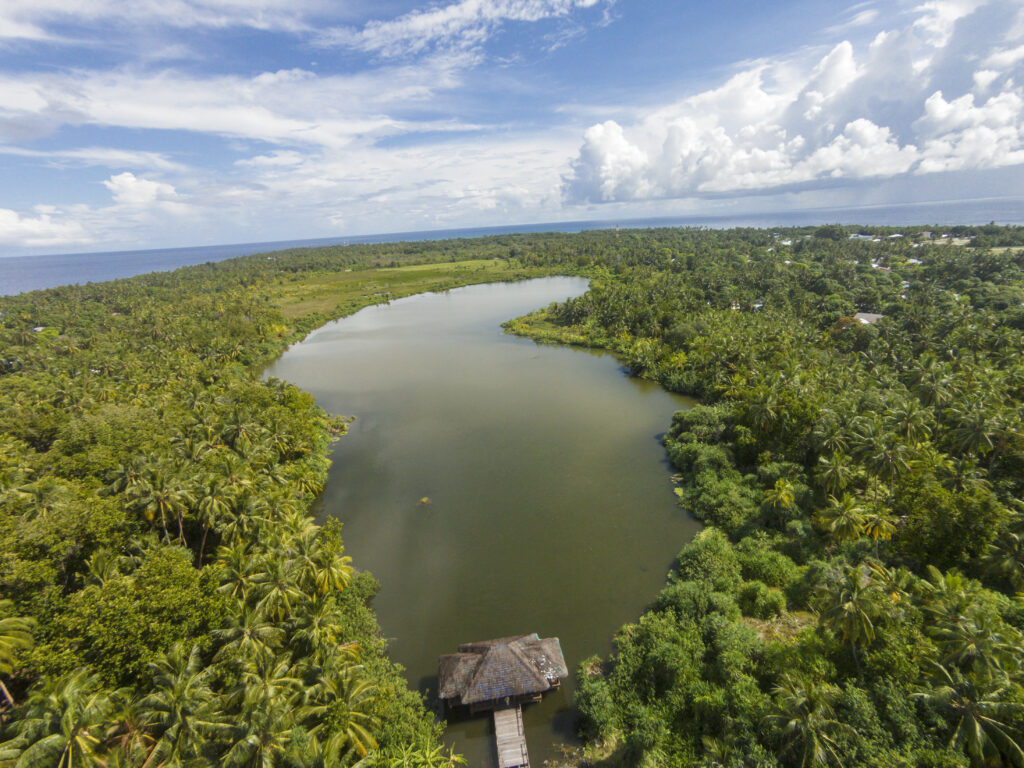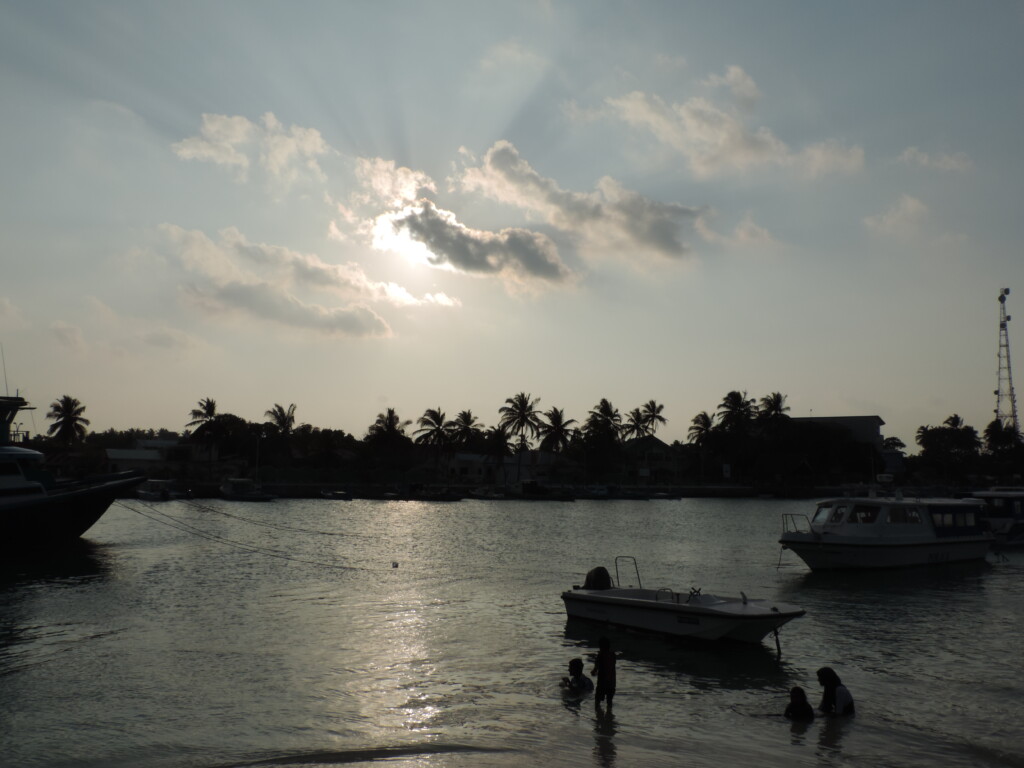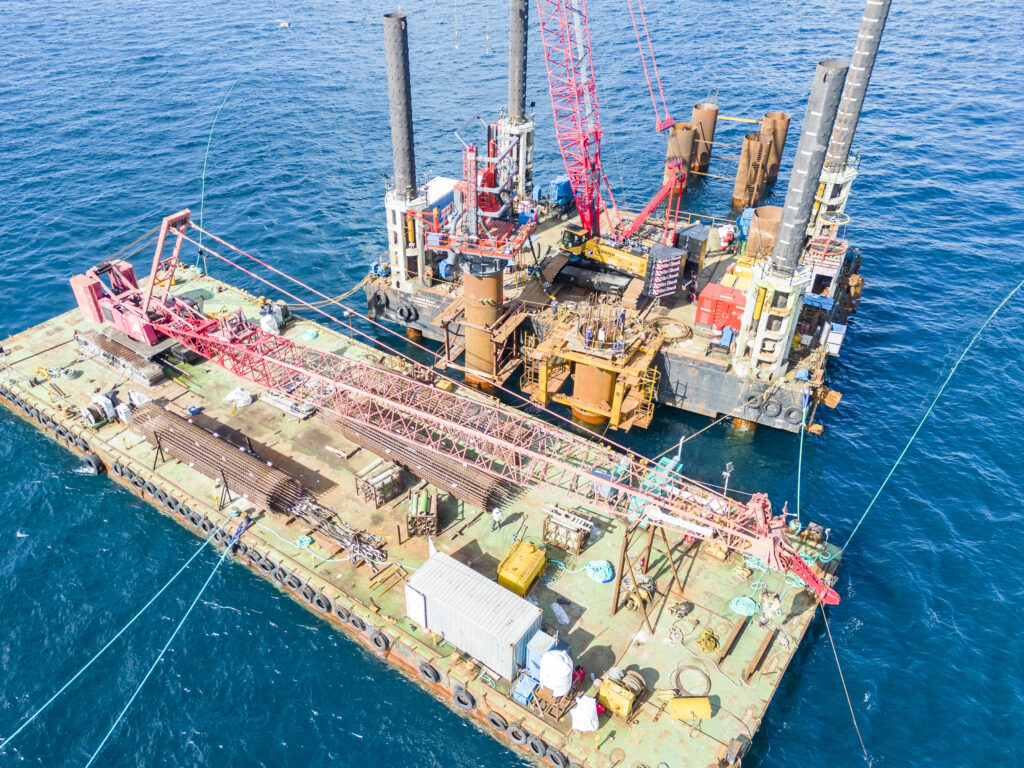FACT-CHECK: Are Sea-Level Rise Predictions Wrong?

As a low-lying nation, Maldives has been at the fore-front of the climate change debate for decades. While it is a well-known fact that the Maldives’ islands could submerge due to rising sea-levels, President Muizzu has made statements to the international media minimising the negative impacts climate change has had on our small island nation.
Speaking to Al-Jazeera following his electoral victory, the President stated that the rate of sea-level rise is not as serious as predicted. “It has been the same story for the past 50 years,” he said.
This claim raises concerns given the well-documented vulnerability of low-lying island nations like the Maldives to the impacts of rising sea levels. In this article, we will debunk this statement by examining scientific evidence and expert consensus on the threat of sea-level rise to the Maldives.

CLAIM: 80 percent of the country will be uninhabitable by 2050
FACTS:
A 2018 study published in Science Advances highlighted the existential threat posed by rising sea levels to low-lying island nations like the Maldives. The study predicts that Maldives, with 80% of our land currently a metre above sea-level, could become uninhabitable by 2050 due to wave-driven flooding and limited freshwater availability. One example includes the major floods that occurred in 1987 and 2007 in the Maldives, involving the combination of distant-source swells and high spring tides and the settlement of reclaimed low-lying areas.
The Maldives’ delicate ecosystem has already begun to buckle under the weight of rising sea levels with the 2016 El Niño Southern Oscillation (ENSO) event decimating coral cover by a staggering 75%. Increased levels of coastal erosion and fresh groundwater contamination has also emerged as another consequence.
According to The Intergovernmental Panel on Climate Changes (IPCC), sea levels could rise by about half a meter by 2100 even if greenhouse gas emissions are sharply reduced or rise up to 1 meter if greenhouse gas emissions continue to increase strongly. They also cite a 2018 research that indicates that sea-level rise will reduce the fresh groundwater lens volume of the Maldives’ small atoll islands by 11-36%.
Further, they state that under a high greenhouse gas emissions scenario, the total biomass of three tuna species might fall by an average of 13% as a bigger proportion of fish habitate in the high seas. As a result, the study suggests island states may need to keep more of their tuna catch instead of relying entirely on shore fisheries to ensure food security in the future.

CLAIM: Land reclamation is the solution to sea-level rise
FACTS:
In the face of escalating concerns over rising sea levels and the existential threat posed by climate change, President Muizzu has proposed ambitious plans to mitigate the impact of these environmental challenges. These include large-scale land reclamation projects and the construction of large concrete sea walls aimed at fortifying at-risk areas and safeguarding vulnerable communities. While such measures may appear as a beacon of hope in a sea of uncertainty, a closer examination reveals a complex and contentious reality.
According to the Human Rights Watch, reclamation projects are often hastily conducted and do not follow the environmental protection laws, such as compulsory environmental impact assessments that are designed to safeguard island residents and the natural environment. They warn that without implementing proper measures such as monitoring and consulting relevant communities, reclamation projects will further worsen the effects of flooding and other climate-related risks.
Land reclamation essentially disrupts natural coastal processes, such as wave energy attenuation and sediment supply, exacerbates coastal erosion, heightening the risk of flooding and inundation. Research by the IPCC also underscores the negative impact of these efforts, stating that land reclamation leads to a vicious cycle that results in coastal erosion and flooding which will require more reclamation efforts.

The Verdict
As the Maldives grapples with the dual challenges of rising sea levels and climate change, the imperative lies in adopting a more holistic and sustainable approach to adaptation and mitigation. Instead of relying solely on land reclamation and coastal fortifications, policymakers must prioritize nature-based solutions that harness the resilience of coastal ecosystems. Investing in the restoration and conservation of coral reefs, mangroves, and seagrass beds can not only enhance coastal protection but also promote biodiversity and support local livelihoods.
Furthermore, robust evaluation of development projects, coupled with meaningful consultation with affected communities, is essential to ensure that adaptation efforts are equitable, inclusive, and sustainable. By embracing a more integrated and participatory approach to coastal management, the Maldives can navigate the uncertain waters of climate change with greater resilience and resolve.
So while land reclamation may offer temporary respite in the face of rising sea levels, its long-term viability and sustainability remain in question. Contrary to President Muizzu’s assertions, the threat of sea-level rise to the Maldives is both imminent and severe, as supported by scientific evidence and expert consensus. Denying or downplaying the risks posed by rising sea levels only hinders efforts to address this existential threat effectively. It is imperative for leaders to acknowledge the urgency of the climate crisis and prioritize sustainable solutions that safeguard the future of vulnerable communities.









